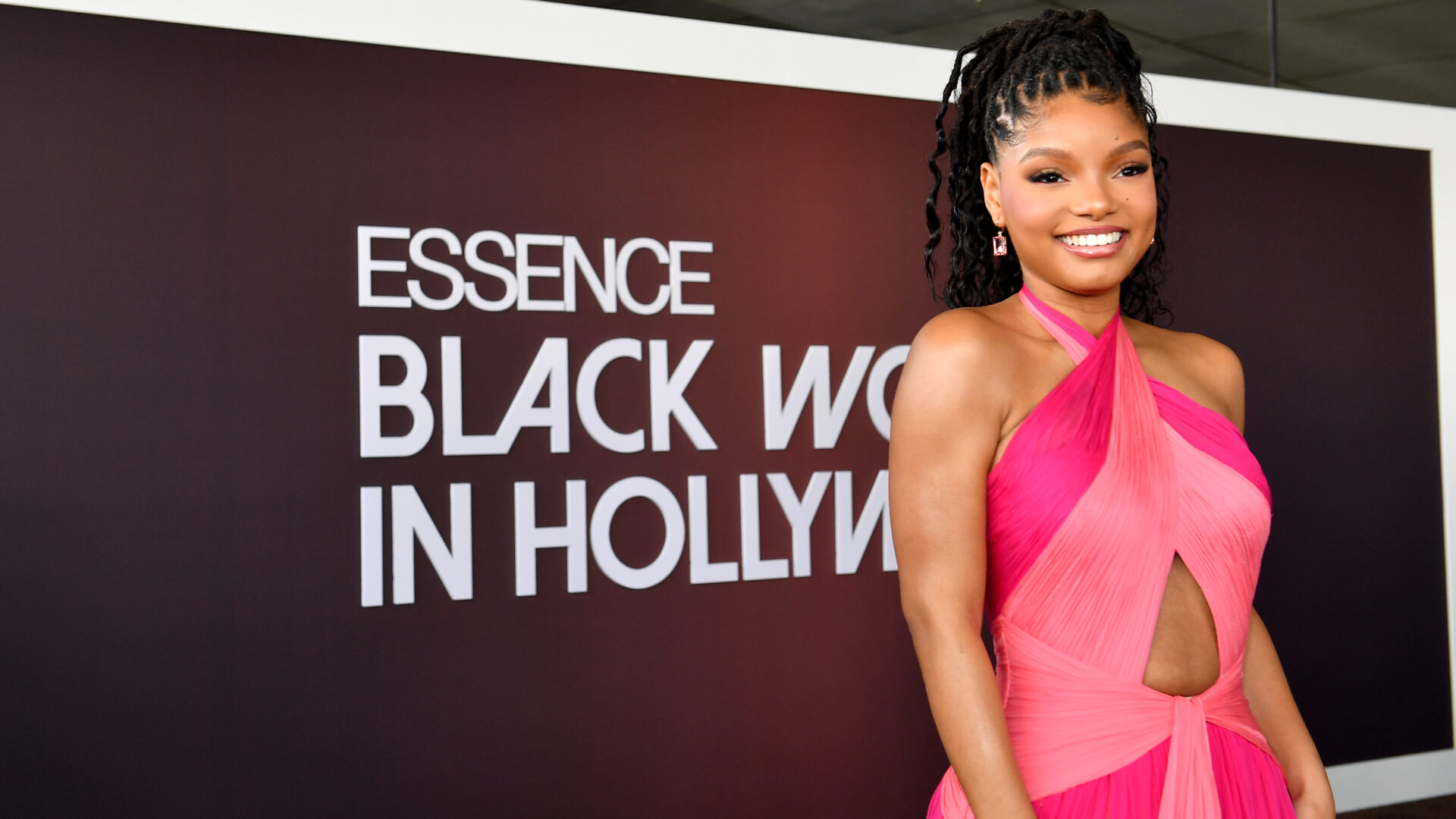
Halle Bailey recently shared her struggles with postpartum depression, curating a safe space and conversation for young mothers going through similar challenges. The “In Your Hands” singer took to Snapchat to share with her fans the changes she’s experienced since giving birth to her son Halo. “I have severe, severe postpartum [depression], and I don’t know if any new moms can relate, but it’s to the point where it’s really bad, and it’s hard for me to be separated from my baby for more than 30 minutes at a time before I start to kind of freak out.”
By speaking out, Bailey helps to break down the stigma surrounding postpartum depression, showing that it can affect anyone regardless of their age. According to Statista, in 2018, 22.2 percent of new mothers aged 19 years and younger experienced postpartum depression. For Zillennial mothers, Bailey’s story reminds them they are not alone in their experiences. “Before I had a child and I would hear people talk about postpartum, it would kind of just go in one ear and out the other. I didn’t realize how serious of a thing it actually was,” Bailey says. “Now, going through it, it almost feels like you’re swimming in this ocean like the biggest waves you’ve ever felt, and you’re trying not to drown, and you’re trying to come up for air.”
Highlighting postpartum depression is crucial for raising awareness about mental health issues among Gen Z. As this generation continues to curate a space to be open about wellness, the topic of postpartum depression among younger mothers could use more work. Bailey’s willingness to share her story helps to normalize conversations about postpartum depression, encouraging others to speak up and seek support when needed. “It has nothing to do with my baby. It has everything to do with me and who I am right now,” she says.
Read ‘Halle Bailey’s Most Memorable Fashion Moments’
In January, Bailey surprised the world by announcing the birth of her son Halo with her partner DDG. The couple has been a spectacle since the beginning of their relationship, and the singer revealed how social media impacts her mental health while maneuvering motherhood. “I guess today I was just triggered, social media is just not a good thing to be on when you have postpartum, but I was just really triggered today, especially by seeing some of the things that have been said about me and my family, and the one that I love and the ones that I love.”
By sharing her story, she can help destigmatize mental health issues within communities and encourage greater support and resources for new mothers. “No one on the planet was going to tell me what to do with my body or what to share with the world,” Bailey said at ESSENCE Black Women In Hollywood.
This can lead to improved access to mental health services and greater understanding and empathy towards struggling people. Her decision to open up about her postpartum depression not only provides support and validation for Zillennial mothers but also contributes to a larger conversation about mental health awareness and support. “Even though you may look up to certain people and you think that they are celebrities, and they appear to have it all together, you never know what somebody else is going through, especially someone who just had a baby literally,” Bailey says.
Read ‘Mutha Moments: New Generations Are Embracing Alternative Birthing Experiences’
About the Author: Kenyatta Victoria is the lead writer for Essence GU, working on all things pop culture, politics, entertainment and business. Throughout her time at GU, she’s garnered devoted readers and specializes in the Zillennial point of view.